Good nutrition is essential for your health and wellbeing—and your pet’s. Many people struggle to decipher their own nutritional needs, and understanding how to properly feed your pet can be equally confusing. With so many pet foods on the market, it’s no surprise people often have questions about how to choose the right diet for their pet. Pet nutrition can be complicated, so our Neighborhood Veterinary Centers of La Marque team is here to help simplify your nutrition decisions. We answer common questions about pet nutrition to help you make the best choice for your pet.
Question: Why is my pet’s nutrition important?
Answer: Your pet’s nutrition is important for their overall health, wellbeing, and longevity. Nutrition affects every aspect of your pet’s life, including energy levels, skin and coat health, digestion, weight management, and cognitive function. A balanced diet can help reduce your pet’s risk of developing numerous health issues, such as obesity, diabetes, heart disease, and joint problems. Here is how good nutrition provides these many benefits for pets:
- Growth and development — Puppies, kittens, and other young animals require essential nutrients for proper growth and development. Their absence can lead to growth abnormalities, weakened immune systems, and other health issues.
- Immune system support — Proper nutrition helps strengthen the immune system, so your pet can fight off infections and diseases.
- Digestive health — Good nutrition makes digestion and the absorption of nutrients easier, supporting your pet’s gastrointestinal health.
- Skin and coat health — Essential nutrients—like omega-3 and omega-6 fatty acids—can help keep your pet’s skin healthy and their coat shiny.
- Weight management — A balanced diet helps maintain your pet’s weight, reducing the risk of obesity-related problems like diabetes, heart disease, and joint issues.
- Disease management — Specialized diets prescribed by a veterinarian can help manage various medical conditions, such as kidney disease, urinary issues, and allergies.
Q: What is the best food for my pet?
A: While every pet food claims to be the best, pets have unique nutritional needs depending on their breed, life stage, body condition, activity level, environment, and health status. Ignore slick marketing, and use these tips when choosing your pet’s food:
- Consult your veterinarian — Your veterinarian can provide recommendations based on your pet’s specific health needs, and if your pet has health issues, your veterinarian may recommend a prescription diet that can help manage these conditions.
- Assess the quality of Ingredients — Look for high-quality, natural ingredients with proteins like chicken, beef, or fish listed first. Less nutritional fillers like corn, wheat, and soy should be minimal or absent.
- Choose an age- and size-appropriate food — Your pet’s nutritional needs change over time, so choose a food that’s appropriate for your pet’s current life stage (e.g., puppy or kitten, adult, or senior). Additionally, consider your pet’s size since small breeds have different caloric and nutrient needs than larger breeds.
- Consider your pet’s activity level — Active pets require more protein and calories, while less active or senior pets may need fewer calories to prevent weight gain.
- Read the label — Look for foods that meet the standards set by the Association of American Feed Control Officials (AAFCO). This ensures that the food includes a specific amount of proteins, fats, carbohydrates, water, vitamins, and minerals, and provides your pet with the correct amount of usable energy for their life stage.
Q: How much should I feed my pet?
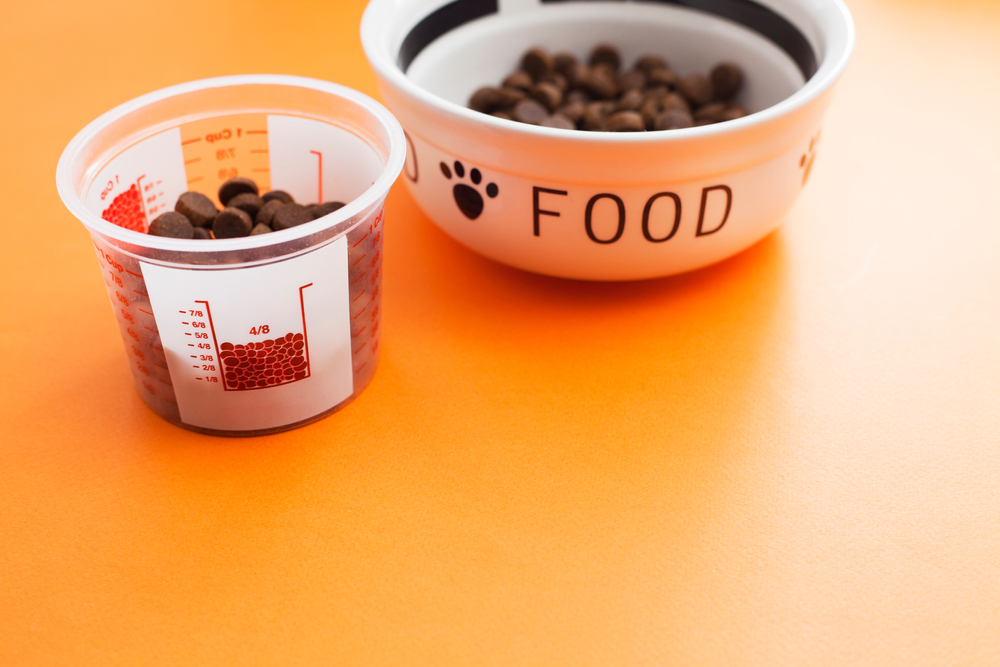
A: Pet obesity is a serious problem, with more than half of the U.S. pet population overweight or obese, generally because of overfeeding. To maintain your pet’s healthy weight, determine their correct portion size, and use a measuring cup to ensure you feed them the precise amount of food they need, rather than guessing the amount. Calculate the number of calories your pet needs each day, then divide that amount into two or three meals. When calculating your pet’s daily caloric requirements, set aside 10% of those calories for healthy treats. Rather than giving your pet treats high in calories, fat, and sugar, offer fresh fruits and vegetables.
A balanced diet is key to ensuring your pet’s overall health throughout their life, and we are here to help you choose the right diet for all your pet’s life stages. For help choosing the proper diet for your pet’s needs, contact our Neighborhood Veterinary Centers of La Marque team to schedule a nutrition consultation.


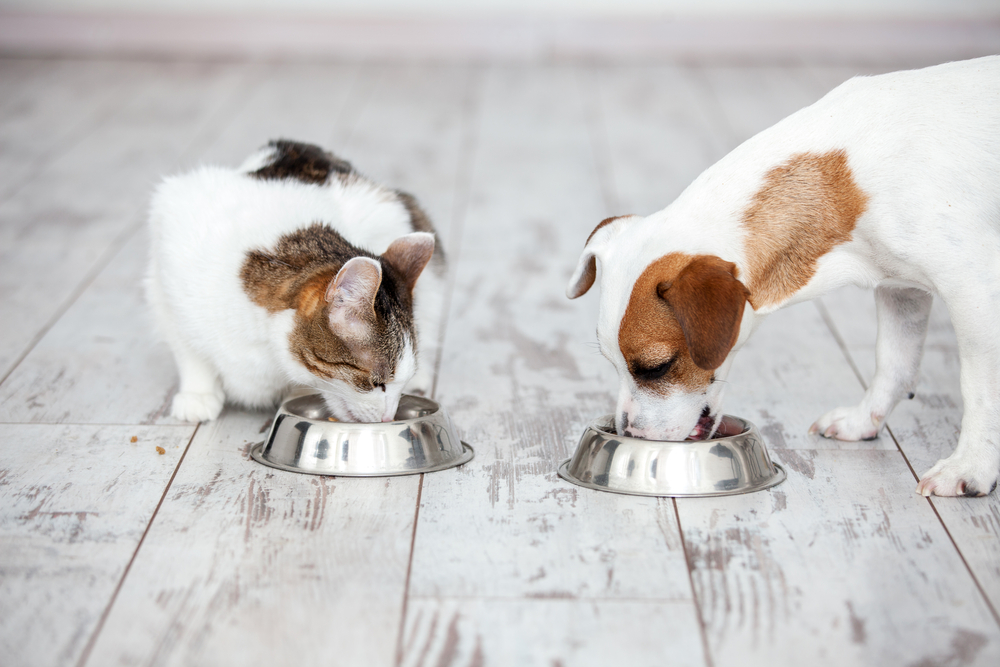
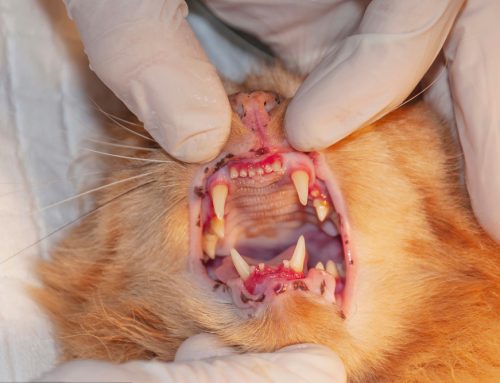
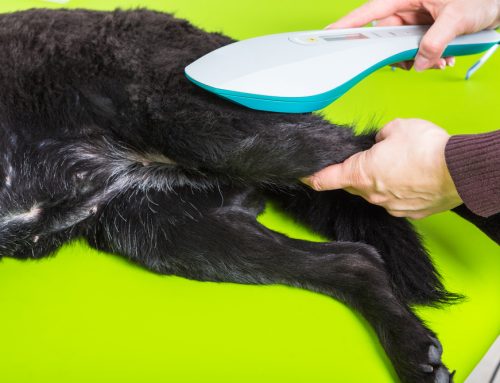

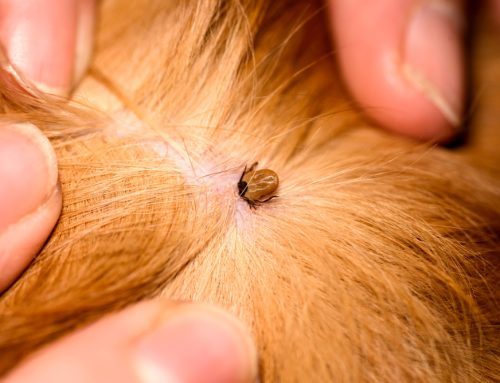
Leave A Comment